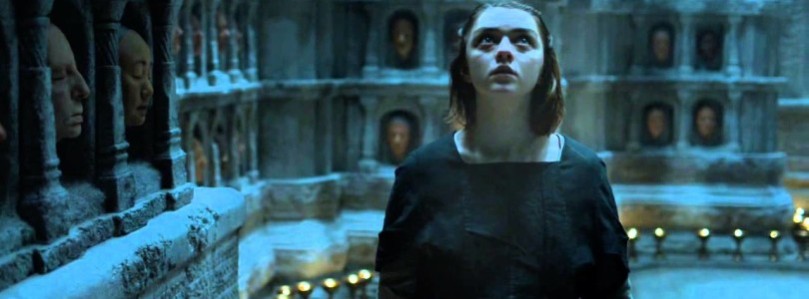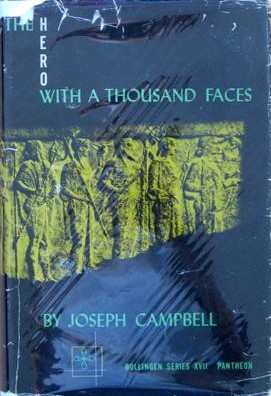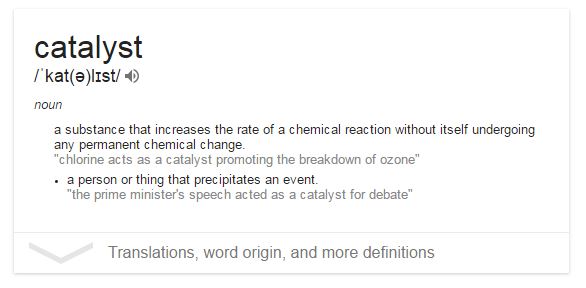
Let’s wax philosophical on an important belief , “We can all make the world a better place.” First we’ll need to introduce you to some wonderful work that culminated in this document called Keywords: building a language of systems change done by ICAEW AND Oxford’s Said Business School and Marc Ventresca in 2014. This beautifully simple document captures and chronicles some of the most difficult actions of our times in succinct and meaningful language. Taking the complex multi-tiered world of change agentry and condensing such nuanced and often natural moves into a glossary must have been quite a feat. When I first read this document I was astounded and floored, I WAS NOT ALONE! Someone else has lived this. Someone else has had the same difficulty I have in articulating what they do. Someone else decided to do something about it.
We can all be change agents. Change agents are our heroes. We are our own heroes!
Those who catalyse the world to provide for a better future, are some of our most inner and sacred idols. We know from the stories that our lives are set in, that those who ensue in the battle for change must be ready for a good fight.
We could all use a little change. – Smash Mouth Lyrics
Change agents are my heroes.
Change agents, these are the mythical catalytical people or things that precipitate events. Such an ability to catalyse has attracted many folk as followers over time, we’ve all got a hero who pursues changing the world. I look in awe upon the David Bowies, the Andy Warhols, the Marie Skłodowska Curies, and many countless other catalysts of time. Our contemporary history books and daily narratives champion the change agents. We also know that it was not always so, many moments in history we’ve prized the ‘stay in line’ ‘chopping down of tall poppies’ style of mutual cohesion and contented communal achievement. The rebel, the radical, the change agent catalysing hero has been demonstrated as an archetype across time and language over and over and over.

Joseph Campbell summarised the hero’s journey mono myth as “A hero ventures forth from the world of common day into a region of supernatural wonder: fabulous forces are there encountered and a decisive victory is won: the hero comes back from this mysterious adventure with the power to bestow boons on his fellow man.”
An individual + unique environment + change struggle ensues = boons for fellow man
We hear often about the ‘change struggle that ensues.” Our contemporary first world environments are filled with visions to make the world a better place for you and for me. Being a catalyst for change is something we play out in ourselves daily, in selecting coconut yoghurt over bacon for breakfast, and in our mindfulness meditations and ashtanga yogic frenzies.
We are further surrounded by a networked social media hive mind of friends, foes, and institutions endlessly feeding us the power and will ‘to be the change.’ We’ve spun up and inwards a number of ways of growing a growth mindset and an attached detachment to our own wants and needs. ‘We are only responsible for our own happiness.’ Welcome back to the land of Rand, Ayn’s been waiting for you. So there in the middle of it all sits a deep objectivist lotus beckoning you forward and saying, ‘It’s only rational to pursue your own happiness.’ Oh my! What change is possible when you are the catalyst in pursuit of catalysing the world to activate your dreams? Take a glance at certain leadership stories and you will soon find one kind of answer. In pursuing change, change agents and catalysts may be temporarily changed (or forget to pursue boons for fellow man, maybe the boons happen to fall on just one man, oops)
Now about change agents and catalysts, I had always thought these super human change makers were gods and goddesses of the growth mindset. I wondered, in what ways they had grown and changed so profoundly in order to be able to facilitate the change we saw them precipitate in the world? Like stones skipping across a pond these people caused ripples. By being the catalysts for their own change they were able to spread change in their environments and communities. Changed change agents leads us to the myth of the catalysed catalyst. “One who has changed so profoundly in the course of making change in the world.” They probably haven’t changed you know? They just had strong core values which adapted to their environment in forming a useful reaction in humanity.
A true catalyst remains unchanged permanently. (a little bounce is ok!)
I was reminded recently of the true chemical definition of a catalyst at a work dinner in early February. I met a science afficionado named Dan Housman. Dan said that a catalyst is something initiates the reaction to occur due to its presence but is not changed by the reaction. “A catalyst is a substance that increases the rate of a chemical reaction without itself undergoing any permanent chemical change.”
Ah ha! Of course if I went back to the root definition, specificity of language would save me now! Semantics for the win.

So a catalyst remains unchanged? Being leading, reactive or going native during field work is the opposite of the job of a catalyst or change agent. Look at David Bowie if he had assimilated the traits of contemporaries then he would have been another rocker in the line-up. As a change agent he was effective precisely because what he did was to him being an unchanged catalyst. Let’s go back to the equation on the hero’s myth:
An individual + unique environment + change struggle ensues = boons for fellow man
Change agents or catalysts seem to tell a story more like this:
An individual + any unique environment + change struggle ensues + individual stays true to values (bonus if society values are aligned) = boons for fellow man
It is the ‘individual stays true to values’ that show the catalyst as a person remains unchanged. If their values drive the change for the positive then a better world should ensue. (Looking at one of the tech world’s change agents’ values, check out Atlassian’s values). If our hero is torn apart at the values level then how can she or he be an effective catalyst? Do you know what your values are? Do you know where your values come from or how they were made?
What are your core values?
If you want a new way to interrogate your core values I’d recommend looking into a new-ish way of thinking called liminal thinking. It was recently written about by Dave Gray in his most recent book which you can obtain here: http://twowavesbooks.com/book/liminal-thinking/
But still to be a catalyst how can a change agent remain unchanged?
Likely the answer is no, you will change and be changed and all those wonderful things that go along with lovely messy life. Yet, by being aware of your core values and beliefs and how they were formed we have a chance to be conscious and responsive in the way we choose to affect the world.
Can we depend on change agents to remain unchanged in their values as they go about catalysing? Change agents like us will be changed, but not permanently, if we are able to truly interrogate our own values. Those go deep. Values are the heart strings we pluck to sum up the passion, motivation, and energy to keep that Sisyphean stone spinning up the mountain of change aversion. Catalysts do get worn down but values are what pick us back up again. Change agents need a values check up too. A deep questioning of beliefs can always help a change agent catalyse and remain aware of the change.
Being aware of the change is to remain unchanged. – profound quotationist
So to remain unchanged, our best bet is to make more awareness of our changing our natural state! Liminal thinking can help with that, or mindfulness, or any other half a dozen practices designed to increase our presence.
Aware change agents are the catalysts to bring boons to our fellow man.
As an aside, this is kind of neat: